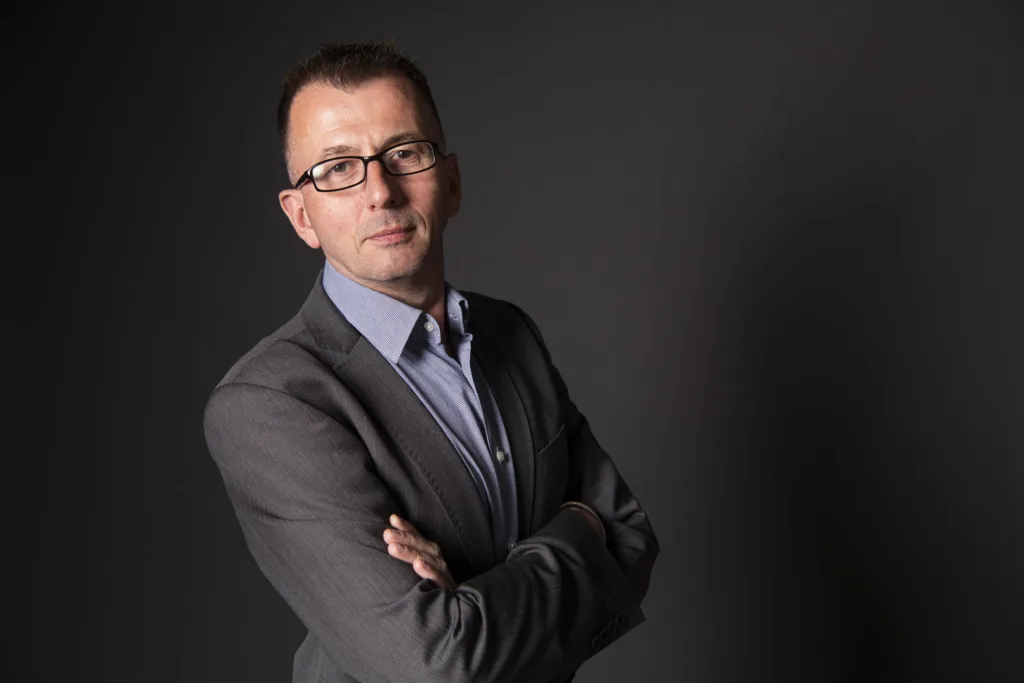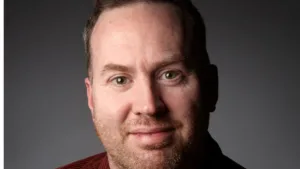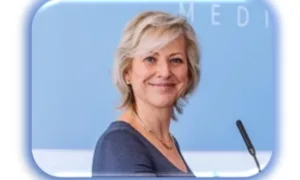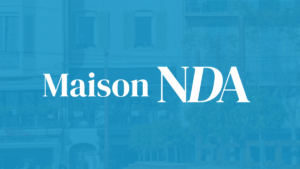Jimmy Leach, Huffpost UK Editor-in-Chief, has over 30-years experience in the digital and media industry. He previously held senior roles at The Guardian and was Editorial Director at Independent News and Media.
He was also pivotal in the digital transformation of UK government, as Head of Digital at the Foreign and Commonwealth office as Head of Digital Diplomacy and Head of Digital Communications in Downing Street.
Who is your digital hero?
I don’t really have heroes. Aside from Eric Cantona. And he’s not really digital, unless you agree (as you should) that his entire career has been a middle digit response to the expectations of others.
I suspect, though, that I have to choose proper digital people, but I’ll go for a type – the ones who’ve done the hard yards in making digital successful in difficult situations but have kept their humanity in doing so. People who understand the data, the flow of information and the nature of product management but who recognise that it remains an industry about connecting people, not devices.
So the likes of Emily Bell who was my boss at the Guardian (and now at the Tow Centre for Digital Journalism, and all-round boffin) and Andy Whyte who was my director of communications at the Foreign Office and is now performing a similar role at the Financial Services Authority.
No offence to either, but I think Eric would have done it better.
What have they done to win hero status in your eyes?
In their different ways, they demonstrated an understanding of their industry and of their organisations.
Many others seem to know one or the other – the entrepreneur with VCs on each shoulder who will sell equity rights to his granny. Or the communications lead who will tailor everything around that mid-market tabloid, rather than the actual audience.
Few understand the industry of journalism better than Emily and fewer project that understanding better so that more of us benefit from that wisdom. Andy’s understanding of how to craft and deliver a message and how to get organisational understanding and backing around it was done with more than one eye on the people in that organisation.
They both made colleagues feel understood and valued. Though Eric would have even cooler when he did it.
How has their heroism helped drive digital?
It’s that understanding of the people in an organisation that can make the digital industry grow up a little. It’s an industry that’s very good on hard measures (audience and revenue data), less good on the soft skills that help deliver that.
The churn and change in the digital industry is partly driven by the failure to make coherent and normal cultures within companies and organisations, and make them places that people want to work in, rather than just hanging in there for equity rights.
In addition, if more people wore their colours up, like Eric, then the cultural shift would follow as night follows day.
What the biggest challenges in digital we need another hero to solve?
In the part of the digital universe I’m currently in, it’s about veracity. News and information is under constant bombardment from ‘bad actors’ at home and abroad whose approach to facts, expertise and honesty is deliberately antagonistic.
We have an information ecosystem which is heavily polluted by those whose interests run contrary to our national interests. It’s leading to chaos and instability and there seems very little we can do about it. Although if Eric turned his mind to it…
What is your most heroic personal achievement so far in digital?
It’s hardly heroism, but I’d tended – until now I’ve landed at HuffPost – to ‘do digital’ in difficult spaces. In Number 10, during days which felt pre-digital (though the petitions site we launched didn’t change enough laws).
At the Foreign Office, it was about changing a 250-year-old culture. In the civil service generally when I left a meeting about the birth of GOV.UK to cross the bridge from Whitehall to St Thomas’s Hospital to watch a more important birth (my youngest son).
Even at the Guardian, it was during a turbulent period of change as the ink v digital wars were at their highest. And as a consultant, waking up in Albania to work on a project of digitisation is a day where your work is cut out.
It isn’t heroism, but I’ve a fond belief that I’ve moved the dial in these, and other, tricky places.
Eric would have had that dial spinning, obviously.









